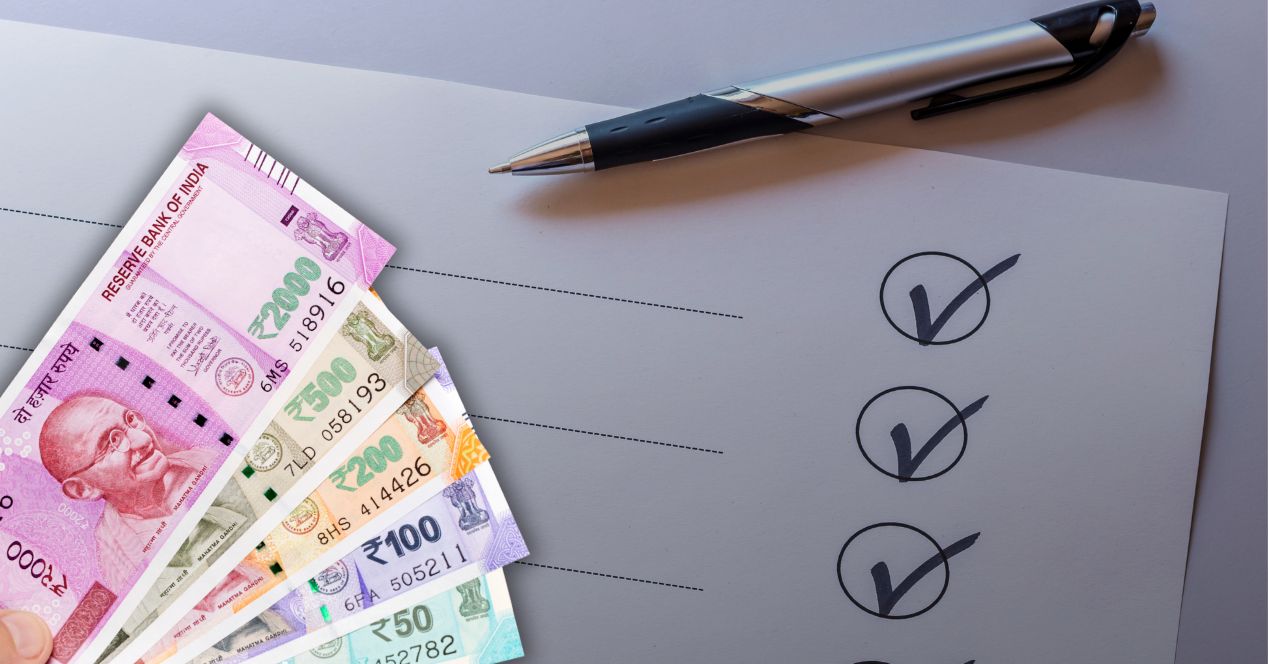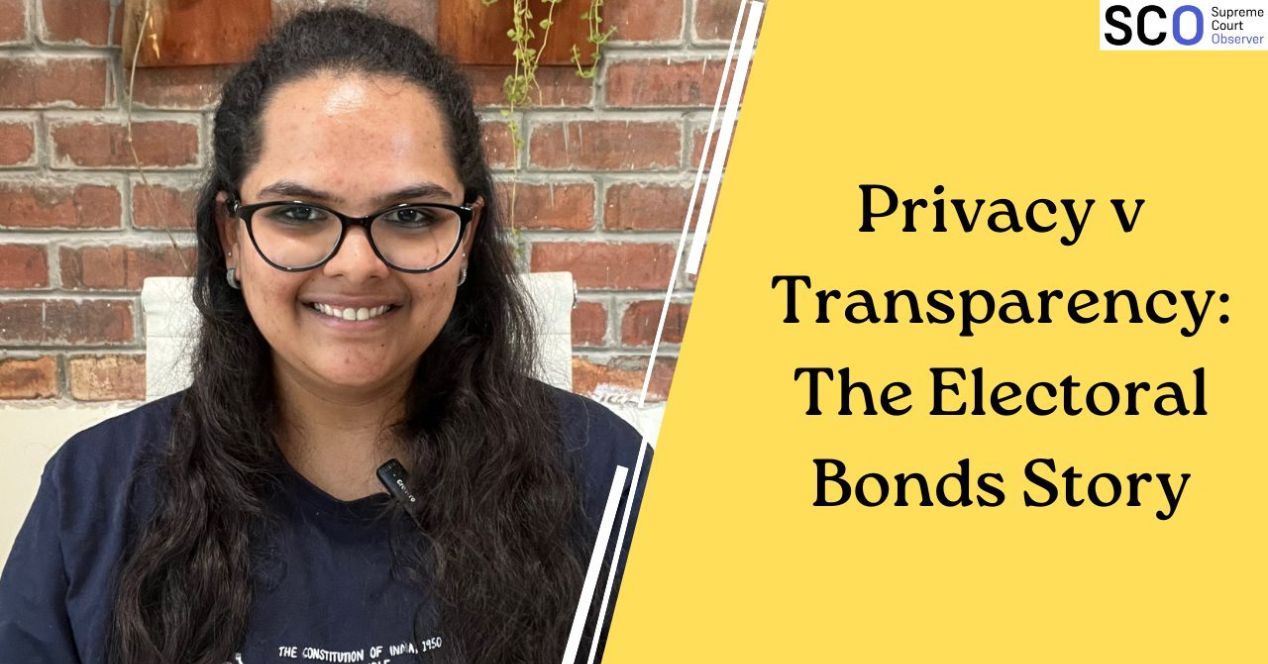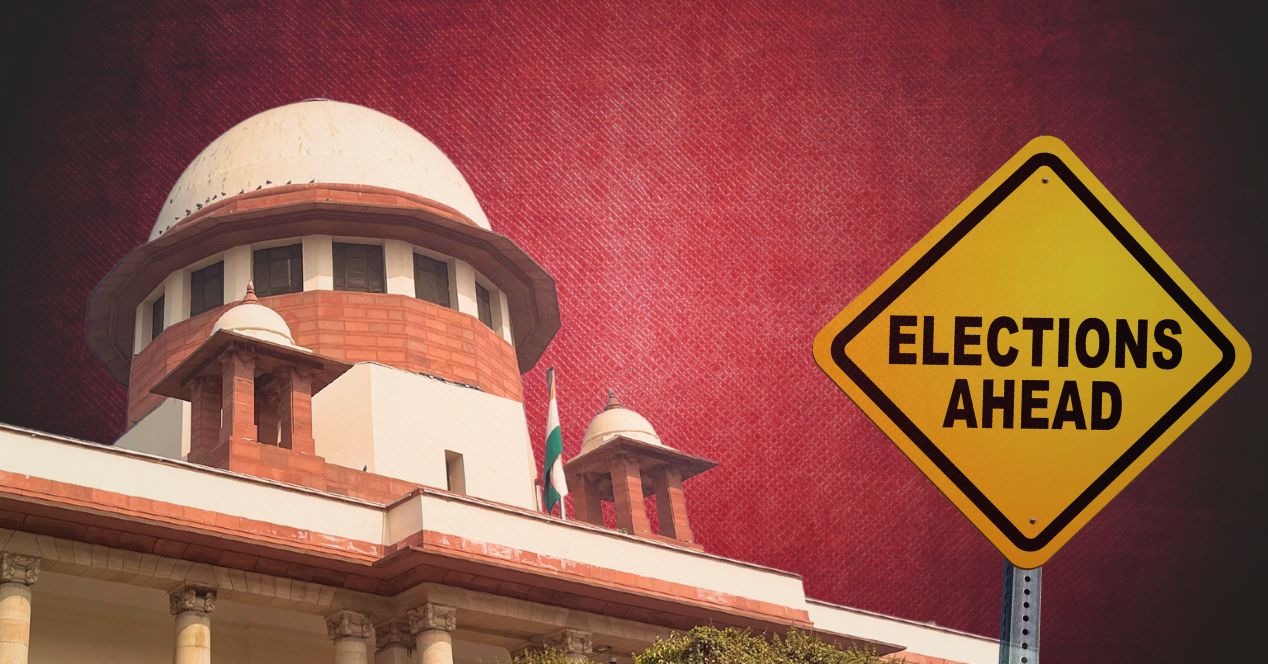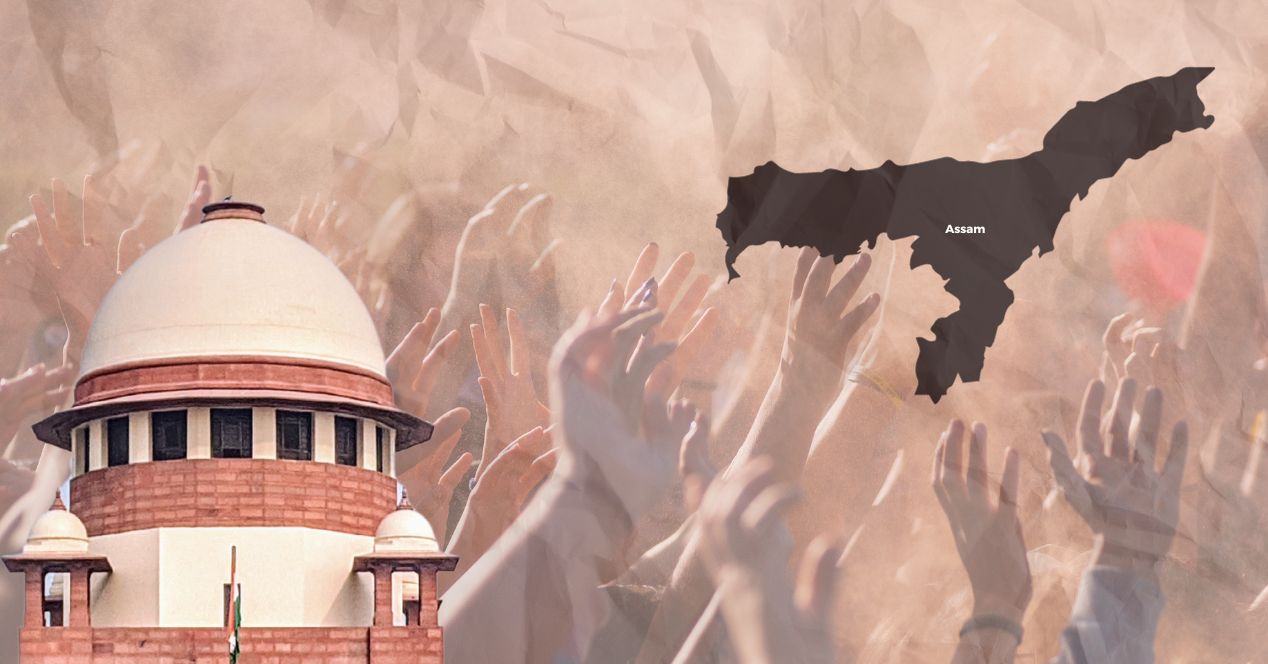Analysis
Transparency tunes in to the “dance of democracy”
The Supreme Court is now hearing a gamut of cases that will have a bearing on the future of democracy
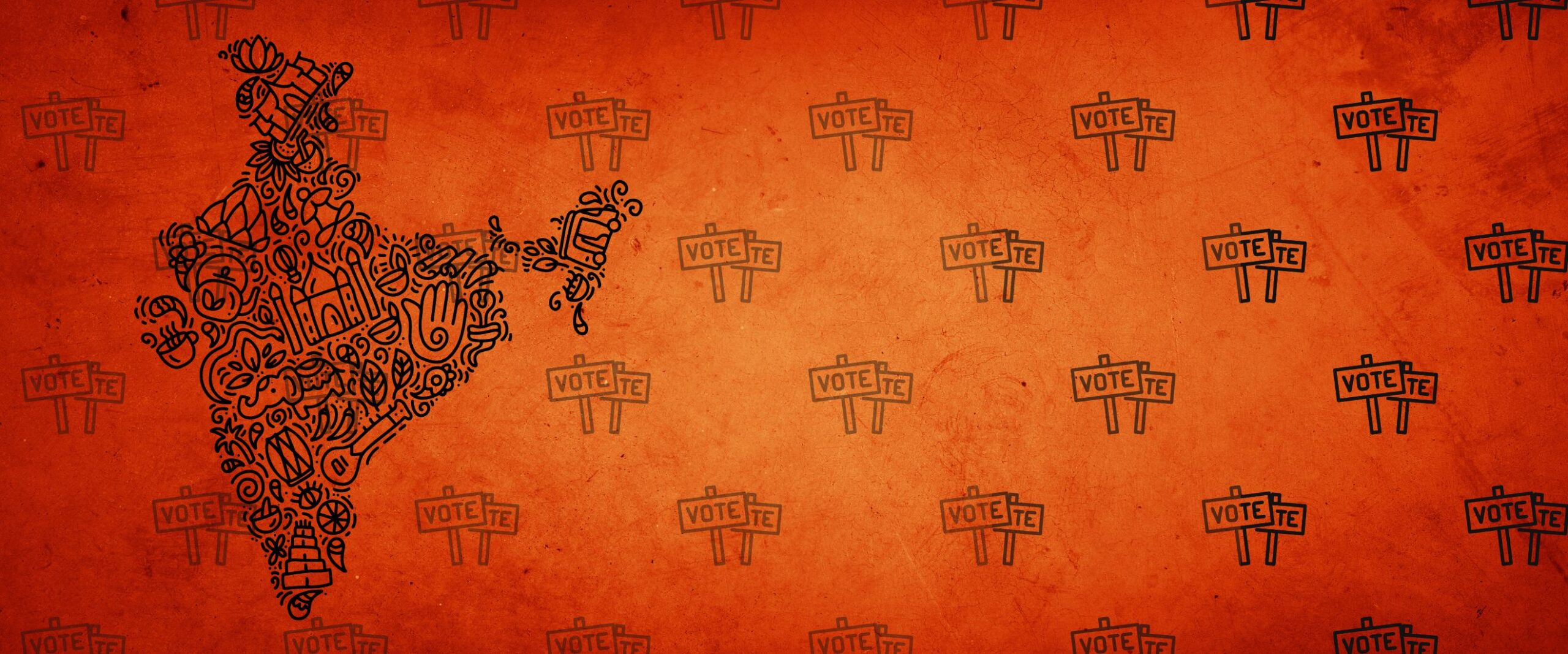
Transparency is the big word in democracy. When the Right to Information Act, 2005 was launched, it was a revolution in how, with a simple form and a set of questions, any citizen could walk into a government office for any information of public interest. A defining moment of Indian democracy. The day of the Electoral Bonds judgement marked another big moment. The Supreme Court came out all guns blazing for the citizens’ right to know, making transparency a buzz word again, overnight. Most newsrooms I know lost bets that day—and the losers were the happy lot.
The 2024 elections have been announced today and the code of conduct has set in.
Exactly a month ago, the Court gave the Electoral Bonds verdict, declaring dark and nefarious ways of election funding unconstitutional. “Information about funding to a political party is essential for a voter to exercise their freedom to vote in an effective manner,” the Court said, giving SBI three weeks to disclose all the details of Electoral Bond transactions. They would submit it to the Election Commission of India (ECI), who would share it with the public.
But at the end of its deadline SBI went to Court, armed with Harish Salve’s suave and persuasive arguments. They requested a three-month extension (by when the general elections were likely to be over) as they were having trouble correlating who gave what to which party. The Court threw the petition out, asked them to submit what they already have, and warned them of a contempt charge if they delayed further. The data was finally sent by SBI to the ECI on 12 March. On 15 March, the ECI released data to the public. Yesterday, the court took notice of the fact that SBI had failed to provide the unique alphanumeric details of the bonds which would help in correlating the submitted data. SBI has been asked to report to the Court next week to explain this omission.
Meanwhile in the top Constitutional Court, this season has seen a whole gamut of cases relating to democratic process that will decide the course of Indian democracy.
Here are some:
The Citizenship Amendment Act—declaring citizenship based on religion under a Constitution that has promised to be secular has been implemented this week—the top court has petitions listed and will be hearing it next week.
The appointment of Election Commissioners is listed for hearing after a new law removed the CJI from the panel that made the appointments. This is expected to be heard next week.
Early this month, the Court set aside a bad law that granted parliamentary immunity to elected representatives who accepted bribes to deliver against their constitutional duties.
The Shiv Sena and NCP splits and disputes are in the Supreme Court. And petitions on Electronic Voting Machines keep getting filed. However, the Court found no merit in them and has dismissed them time and again.
The widely telecast misadventure at the Chandigarh local elections got the attention of the CJI who ensured that the quick and effective justice is served so that “basic mandate of electoral democracy is preserved at local participatory level” and that there is no “murder of democracy.”
What does transparency look like in a democracy? How vital is it? A small group of journalists pushing out important stories of this election will tell you.
Aided by the top court—whose verdict clearly and categorically—pushed open the doors of transparency, journalists from independent media have broken stories that underline how Electoral Bonds have been a device for the ruling party to extract money from big businesses with the help of government institutions such as the CBI and the ED.
Election funding is the elephant in the room in Indian democracy. Every political party needs a good campaign and every campaign needs plentiful funds to achieve this. The ‘how’ and ‘who’ of it is the difference between an equal playing field for parties to contest in, and a bought over electorate and a political economy of quid pro quos. The data on the Electoral Bonds showed that BJP got 70.4 billion rupees ($850 million) compared to 7.75 billion rupees for its rival, the Congress.
World over, the largest bills are parked with big corporations. What democracy needs is better systems to make it possible for political parties to receive this money, but in a transparent manner, with information available to voters.
To preserve democracy, principle is as important as process. So even though it may be a long time coming (the Electoral Bonds judgement took over six years to reach its conclusion), it’s important to have those decisions of the Court to send out the message that the principles of the rule of law and transparency are unimpeachable and sacred.
NB: Hope you will take time out to read this special feature on Professor G.N. Saibaba’s trial we published this week, along with an exclusive interview.
This article was first featured in SCO’s Weekly newsletter. Sign up now!

